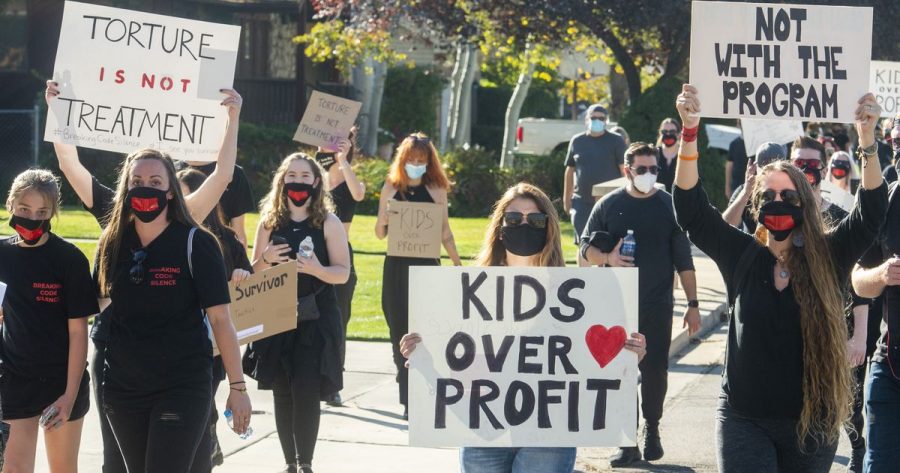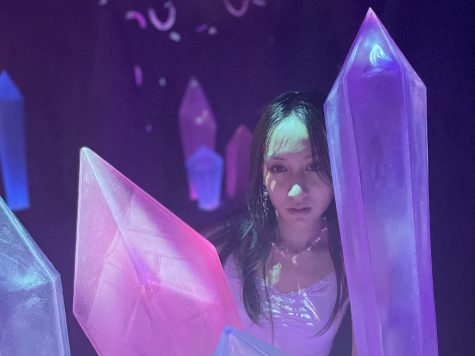Troubled Teen Industry: Tough Love or Traumatizing?
Breaking Code Silence
Rick Egan | The Salt Lake Tribune
A silent rally against Provo Canyon School back in October 2020.
April 23, 2021
When an “out of control” child is deemed as a troublemaker, do you A) try to work things out and maybe go to therapy or B) send your child to a supposed program that put kids on the right track? Managing young children can be a struggle, but where does the line draw when you put your child in the hands of strangers, not fully knowing what’s happening miles away.
In recent years, survivors of “therapy programs” have come forth and expressed their trauma. Paris Hilton’s documentary, posted on YouTube in September of 2o20, uncovered that in her early teenage years, she was sent to various wilderness programs by her mother. Paris Hilton stated that growing up, she had a fake ID and was going against everything her mother told her not to do. Hilton felt their decision of sending her away may be due to her parents’ fear of their reputation being ruined and a desire to hide her from the public eye. She revealed that people in the middle of the night kidnapped her and she was screaming for help, but her parents were standing at the door doing nothing.
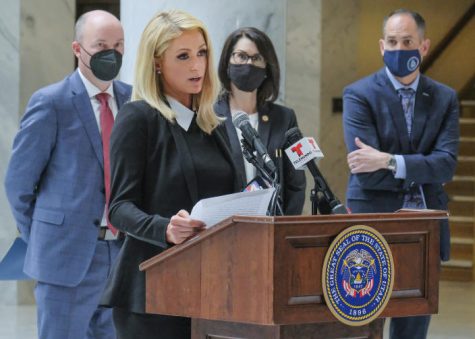
Paris Hilton recounted her moments at the programs as manual labor and being constantly yelled at. From having to shower in front of an adult naked, going through solitary confinement, to being physically, mentally, and verbally abused. Paris Hilton called out Provo Canyon School, a program she attended. She has worked towards shutting down the school, which caused her trust issues and anxiety.
Beyond Scared Straight is a TV series of a crime prevention program that aims to discourage teens from ending up in jail. These teens have one-on-one encounters with real-life prisoners. With clips of children once having behavioral issues to reforming their life weeks later (or no progress is shown), I can see how the show had the right intentions, but I’m not sure if the method is effective, you know? There are clips of the show on the internet for you to judge.
Danielle Bregoli, commonly known by Bhad Bhabie, talked openly about the abuse she dealt with when Dr. Phil sent her to Turn-About Ranch at the age of 13. Bregoli expressed the facility had the young adults pick up wheelbarrows worth of horse manure, denied them the right to shower and treatment for any sickness, were malnourished, and further on. “I came back with more trauma than I went there with,” she conveyed. Hannah Archuleta, a survivor from Turn-About Ranch, filed a lawsuit against the ranch for sexual assault. Turn-About Ranch has a history of allegations of torment to the extent of murder has taken place, but has denied the allegations Archuleta has made… Danielle Bregoli explained that she wanted to have Archuleta’s back on her statement.
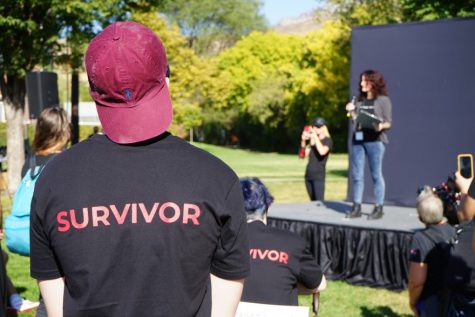
The staff of these establishments would punish the teens for badmouthing them and/or never sending letters the kids wrote to their parents. Parents who sent their child to programs apparently were oblivious of what their child went through during their stay. If the guardians did receive a letter, the child would beg to do anything, as long as it meant they get far away from the facility. However, staff members typically tell the parents that their kid is lying. When you purposefully send your child away for their behavior, who would you believe over the other? The “trustworthy” adults or your “lying” kid? Young adults are being put in the ”care” of these people and leave with nightmares and shame; that’s only the tip of the iceberg though.
There is a common occurrence in the troubled teen industry where individuals are afraid of speaking out the truth because of the fear of no one believing them. A wide range of sufferings have taken place in this industry and projected openly, yet many foundations and programs are still standing to this day. In the past 50 years, Utah is leading with the most programs in the nation.
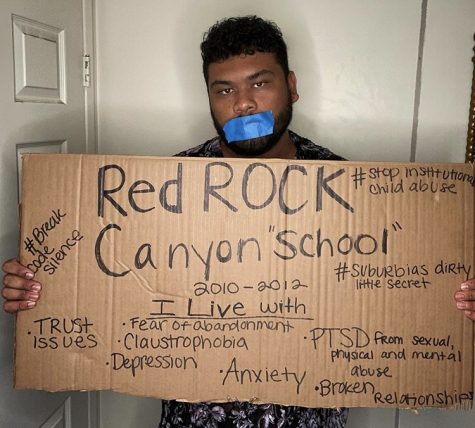
#BreakingCodeSilence is a movement to raise awareness of how problematic the industry is and the need for reform. “By using our many voices to tell our stories, we aim to create change and protect vulnerable youth from abuse.” Those who bravely recount their stories are seen holding a sign listing the anguish a program has done to them and duct tape over the mouth, a display of the industry’s attempt in keeping the survivors quiet. People of different platforms have come out to support the movement, empower others to tell their stories, and won’t stop until change occurs.
There are methods of helping children who are going through life, but sending them to a program that will provide “treatment” and justifying it as tough love is not right.











